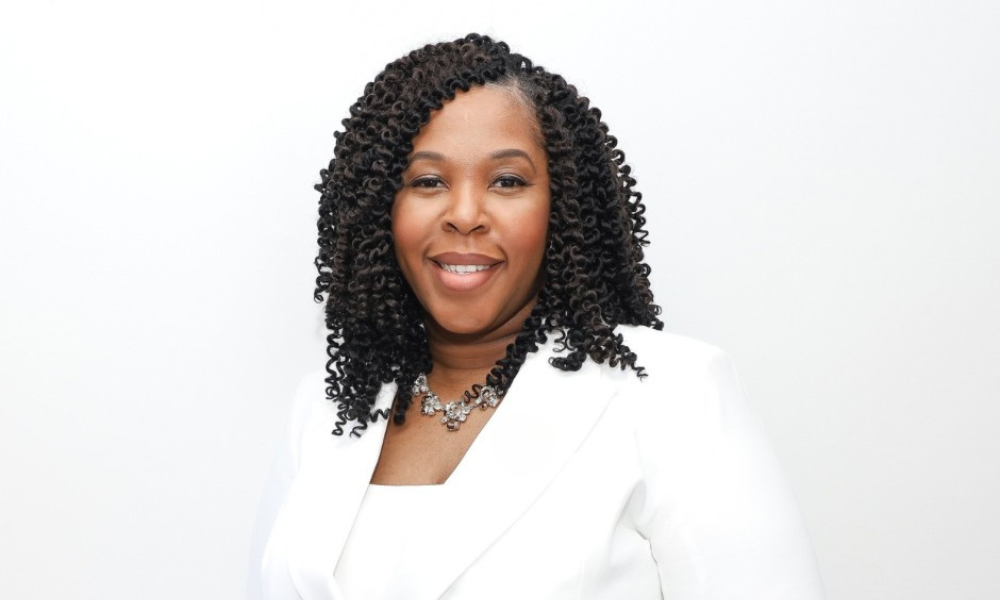
Letecia Rose joins Fasken as pressure mounts on diversity programs across North America

Fasken Martineau DuMoulin LLP has no plans to backtrack on its diversity, equity and inclusion (DEI) commitments despite growing political pushback in the United States, says Letecia Rose, the firm’s new DEI chief. If anything, she says, Fasken is doubling down.
“We're focused on deepening and refining the work that we're doing right now and ensuring that it's measurable and sustainable… Our programs are expanding; our opportunities are being enhanced. So, we're definitely staying the course in this area,” Rose says.
She joined the firm six weeks ago, stepping into the role at a time when scrutiny of DEI programs across North America is growing.
Some DEI professionals in Canada have recently expressed concerns to Canadian Lawyer that opponents of such initiatives might become more vocal, emboldened by the backlash in the US. Some said they fear that Canadian law firms may begin quietly scaling back their own DEI efforts.
Rose views the current backlash as a chance to reinforce DEI commitments. With more attention on diversity, equity and inclusion, she says there is a greater opportunity to demonstrate what values-based work looks like.
“While there's a number of things happening externally, our focus remains on holding onto our values, listening to our people and [honouring] commitments to make long-term growth.”
The increased visibility, she says, makes it easier to take a clear stand.
“It's an opportunity to create more rigour, more alignment, and … make sure we're connected to our values… The spotlight actually enables us to amplify this work,” she says.
With two decades in DEI roles, Rose says she’s seen this cycle before – periods of progress followed by retrenchment.
She adds that success requires recognizing that inclusion, diversity, and equity aren’t achieved overnight. At Fasken, DEI isn’t treated as a one-off project but as a core part of the firm's operations.
“It's seen as a strategic lever, not a standalone initiative,” she says.
Rose acknowledges that DEI work can be slow, frustrating, and emotionally demanding – especially for those from underrepresented groups. Burnout, she notes, is real – but not unique to DEI.
“I think burnout is a global problem, and when you intersect identity into it, it can definitely produce challenges. However, I think it also creates opportunities to create more welcoming and belonging environments,” she says.
Staying in the work, she adds, requires long-term perspective – and hope.
“If we step out of the race, the race can't be finished… Every step matters, every cup of water you get along the side matters,” she says.
To help pinpoint DEI priorities, Fasken is currently analyzing results from a newly completed engagement survey, which includes a DEI component. The data will be used to assess progress and identify areas for growth.
“Those numbers will help us determine where the opportunities lie… and how can we push the needle forward in specific areas,” she says.
An updated DEI report is expected in May or June.
Before joining Fasken, Rose served as vice president of diversity, inclusion & belonging at Canadian Tire Corporation. She says she had long admired Fasken’s DEI work from a distance and saw this new role as a chance to build on its foundations.
“I've seen the work that Fasken has over the years.”
The firm’s culture – and its leadership – were major draws.
“That creates wonderful conditions for sustaining lasting growth… They are not scripted around EDI. They are passionate about it,” she says.